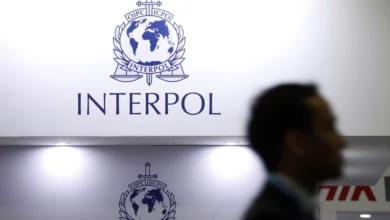
A US-based human rights organization has called upon Egypt’s Constituent Assembly to amend articles in the proposed draft, which it says would undermine key human rights.
“The draft provides for some basic political and economic rights but falls far short of international law on women’s and children’s rights, freedom of religion and expression, and, surprisingly, torture and trafficking,” Human Rights Watch said in a letter sent to the Constituent Assembly.
The organizations had reviewed the draft introduced on 27 September as well as subsequent amendments, which had been published on the assembly’s website. It compared the provisions against Egypt’s international human rights obligations.
HRW noted that Article 37 of the draft bars exceptional tribunals or subjecting civilians to military courts, stressing that the provision could curb both practices, which had been common under former President Hosni Mubarak.
However, the organization said other key provisions are at odds with international human rights standards, and could threaten the future of human rights in Egypt.
It said Article 5 fails to clearly prohibit torture, only prohibiting lesser forms of “physical or psychological harm” instead of including the crime of torture and “setting out a duty to investigate and prosecute when it occurs.”
Further, it criticized the draft constitution’s treatment of gender issues, saying that maintaining Sharia as the standard for gender relations could lead to further regression in women’s rights.
“Article 36 threatens equality between men and women by saying that the state shall ensure equality between men and women as long as it does not conflict with ‘the rulings of Islamic Sharia’ and goes on to say that the state shall ensure that a woman will ‘reconcile between her duties toward the family and her work in society,’” the group said.
The organization also called an article on places of worship “discriminatory.”
“Article 8 is discriminatory because it limits the construction of places of worship to adherents of Abrahamic religions, thereby excluding followers of non-Abrahamic religions, particularly Bahais,” Human Rights Watch said.




